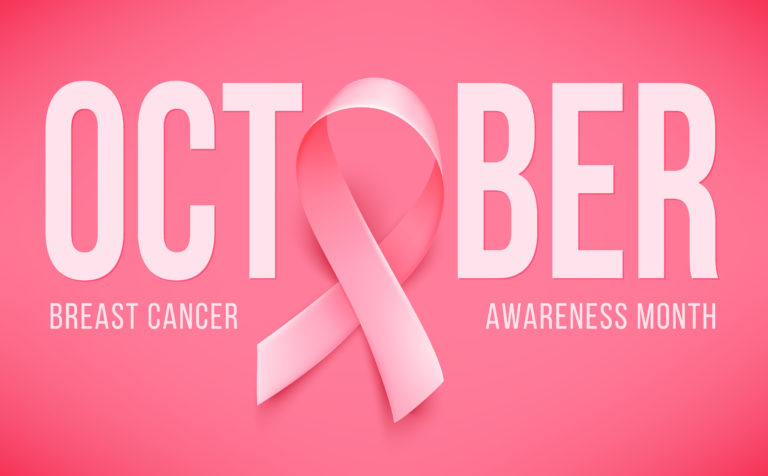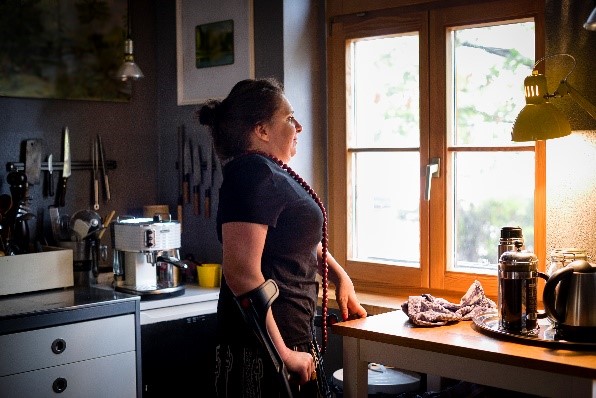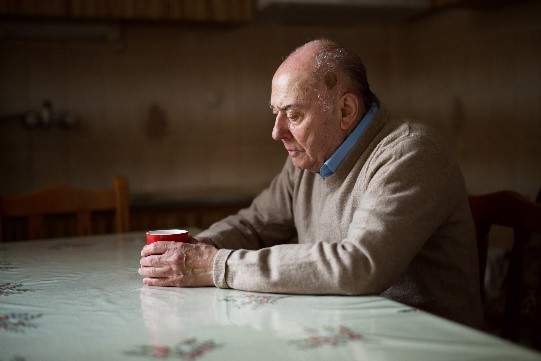
As we continue to wend our way into Autumn, October 1st 2022, heralds the start of Breast Cancer Awareness month in the United Kingdom. According to Breast Cancer Now.org, every year in the UK approximately 55,000 women and 370 men are diagnosed with breast cancer (1). In this month alone almost 5,000 new cases will be diagnosed.
What Are the Symptoms of Breast Cancer?
Examining the breast is vital to maintaining our health and finding cancer early but it can be difficult to know what to look or feels for when performing breast examination.
The following gives a brief description of what changes to be aware of
- A lump in the breast tissue or underarm (armpit).
- Any swelling or tissue thickness in the breast
- Irritation or dimpling of the skin.
- Inflammation or scaly skin in the nipple area or the breast.
- Inverted nipple or pain in the nipple area.
- Any discharge (excluding breast milk) from the nipple, including blood.
- Any change in the size or the shape of the breast.
- Pain involving any part of the breast.
How do you examine your breasts?
Before starting breast examination, it is essential to know your body and be able to recognise any changes in your breasts. Become accustomed to looking at your breasts, their shape, their size, and understand how they feel, skin texture, colour and so forth. It does not have to take long and can fit into your everyday routine, provided examination is performed regularly, and you remember to check all your breast tissue, up to your collarbone and into your armpits too.
How to perform a self-examination
Start by visually inspecting your breasts.
Stand or sit topless facing a mirror look at your breasts, nipples, and chest area with your hands resting on your hips and again while raising them one at a time over your head. Note any changes to the breasts, chest area up to your collar bone and under your armpits. Lift the breasts and note if the creases under them are even.
Now you repeat these movements whilst using a hand to feel for changes to the breast and chest area.
Many women prefer to examine their breasts while lying in bed: this is perfectly acceptable, but it is best to prop your raised arm on a pillow or cushion, whilst others feel more comfortable checking their breasts in the shower or bath, using a soapy hand to move over the breast, chest, and armpit area.
Remember that when performing a self-examination, you should:

- Use the pads of your middle, ring and index fingers not the fingertips (figure 1)
- Use distinct levels of pressure from light touch on the surface of the skin, medium pressure on the tissue below this, and firm pressure when feeling for changes in the deeper tissues closer to the rib cage. Before moving onto the next area make sure to use all three pressures in the one area.
- Take your time, ensure you are comfortable, safe and have privacy.
- Be methodical – imagine the area you are examining as a circle and divide that into slices of pie, now start the examination at the outer edge of each slice (the collarbone) and move toward the middle (the nipple).
If you have a disability and find it difficult to undertake self-examination you may wish to ask someone you trust to help with your examination or attend a breast screening clinic for assistance.

ROC Health Services offers a one stop breast clinic in their offices in Aberdeen, and we are dedicated to delivering personalised, patient centred care. Staffed by highly trained, knowledgeable professionals and using advanced, specialist equipment, ROC’s breast clinic offers a unique, supportive experience for patients in all aspects of breast health. The experienced staff will guide you through every aspect of your care and ensure you are fully informed of choices and treatment options. A copy of the ROC Breast Clinic brochure can be accessed through this link https://rocprivateclinic.com/pdf/ROC_breast_clinic_brochure_oct21.pdf
Men get breast cancer too
When talking about breast cancer it is easy to forget that men get breast cancer too. Every year in the UK between 370 and 400 men are affected by a breast cancer diagnosis with over 80 men dying per year. Unfortunately, there is no routine screening explicitly targeted at men, meaning that most male breast cancer, is detected by the man himself.

As with women, breast cancer can be found in men of any age, however it generally affects men aged fifty and over. With better awareness men are now being urged to check their chests for any abnormalities and changes and to speak to their GP if they notice anything new.
Checking your breasts or chest regularly can help discover cancer early thereby improving the possibility of successful treatment.
Lifestyle changes
Making changes to your lifestyle can reduce your risk of getting breast cancer.
Drinking too much alcohol, being overweight, lack of exercise and chemicals in our beauty and cleaning products can all increase your risk of developing breast cancer.
Alcohol – the risk of developing breast cancer increases significantly if you are drinking more than the recommended 14 units of alcohol a week. Whether its binge drinking at the weekend or having a couple of glasses of wine every day, reducing your intake will reduce your chances of developing breast cancer as well as other life-threatening diseases.
Weight – being overweight with a BMI (body mass index) of between 25 and 29.9 increases your risk of breast cancer. Simple changes in what you eat and how much exercise you take will help reduce your weight to a healthier level.
Food choices – what you eat matters. Eating fruit, and vegetables and reducing your intake of processed and red meats will give you a more balanced diet, help reduce your weight and reduce your chances of breast cancer.
Exercise – increasing physical activity gives a multitude of health benefits including reducing the risk of breast cancer development. It only takes 2 hours 30 minutes of moderate physical activity, brisk walking, or 75 minutes of robust exercise such as running, a week to reduce the risk of breast cancer and improve general health.
Be informed – Unfortunately, many everyday manufactured goods contain endocrine disrupting chemicals (EDCs which can affect hormones and may raise the risk of developing breast cancer. Check packaging of cosmetics and cleaning products and make yourself informed of what you put onto and into your body and home.
What to do if you find an abnormality
Any changes to the breast, chest or armpit should be reported to a doctor as soon as possible. Access an appointment at your GP or contact ROC’s specialist breast clinic on 01224 515 254 or via aberdeen@rochealthservices.com
References
https://www.nhs.uk/common-health-questions/womens-health/how-should-i-check-my-breasts/
https://walkthewalk.org/health/men-get-breast-cancer-too

